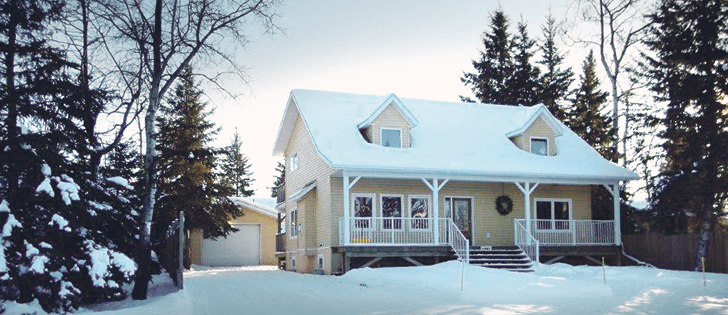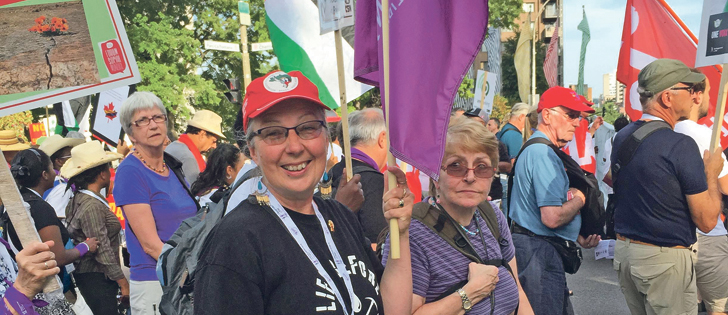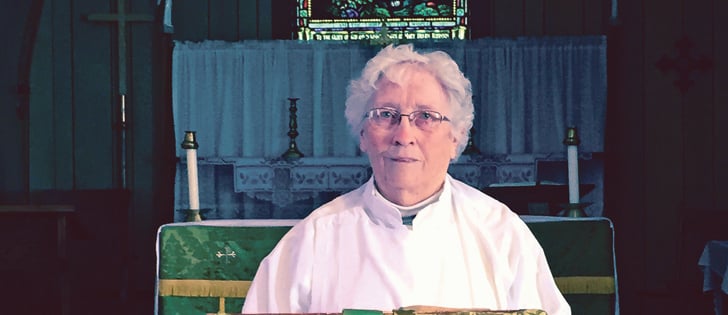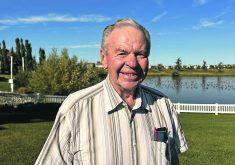Many people dream of retiring to the cottage, making it their principal residence. Articles on several seniors’ websites warn of the risks of this action.
Some concerns raised are accessibility, social lifestyle and operating costs. Are the roads suitable for winter driving and will they be cleared in a timely fashion in winter? What about water and sewer services in winter? With most other cottages closed and the cottagers gone for the winter, will you feel isolated and lonely? How much will it cost?
Farmers have most of these issues covered. They know about life without municipally delivered water and sewer services. They know about distances and they know about isolation. They’ve learned to deal with those issues and for them, they’re not a very big deal. Still, there are other considerations.
Read Also

Beach or barn? Depends on the retirement plan
Fall is usually when the phone starts to ring and farmers want to talk about succession, transition or sale, says…
At Kelvington, Sask., Donn and Betty Clark made the decision to make their cabin at Greenwater Lake Provincial Park their principal residence about eight years ago. Their cabin was on the verge of falling down, and they needed to build a new one, Donn said in a phone interview.
Other stories in this special feature on post retirement:
- There are two of us in this retirement
- Finding faith
- Farmers learn to embrace new careers after retirement
“So, we just built one a tiny bit more elaborate to make it our full-time home.”
Accessibility
The Clarks have rented out much of their land, but they’re still a few years from retirement from farming and Betty works full time at the Kelvington Credit Union. They considered the option of moving to the city. In terms of convenience, they couldn’t see an advantage, Donn said.
“I’m 20 minutes from the hospital (in Kelvington) here now, 20 minutes from the grocery store. If I retired and moved to the city, chances are I’d be 20 minutes from the doctor, or dentist or grocery store there too.
“And actually, if I wanted to go to Porcupine Plain, that’s only 15 minutes away. It all depends on where your cabin is, I guess. For us, it works out good. I’m probably in town six times a week. and Betty works there.
“She’s 20 minutes from work and if we lived in the city, chances are her commute would be 20 minutes at a minimum.”
The roads in the park are kept clear as is the highway. No worries there.
Extra costs
Living in a provincial park, the Clarks lease their property but don’t pay taxes.
“I have a brother who has a cabin in Muskoka. Taxes on his cabin are pretty striking. It all depends on where you live and what you want to do,” he said.
Water and sewer issues are handled much as they would be on a farm — Donn hauls water to their cistern about every three weeks and they have a septic tank on their lot.
Isolation
“At Greenwater, it’s pretty quiet up here, 10 months of the year, which from my perspective is awesome,” said Donn. “Not a problem for me. Generally, on Fathers’ Day, I’m counting the days till Labour Day.”
It’s not a problem for his wife either. Betty grew up in nearby Wadena. Her parents, like Donn’s, had a cabin at Greenwater Lake.
“We both had the same kind of lay of the land. Her parents retired at Greenwater. We had a pretty good idea of what it was going to be like and it’s worked out pretty well,” he said.
He acknowledges their lifestyle is not everyone’s cup of tea.
“Some people want or need to be around a more urban setting. You have to figure all those things out before you decide you want to live full time in cottage country. It’s very important to understand it’s going to be way different from the two weeks most people spend at their cottage in the summer, he said.
For eight to 10 months of the year, it’s quiet.
“My snowmobile is sitting by the front door and my fishing shack is a quarter mile out on the lake. There’s lots to do which I’m happy with. We consider our place at Greenwater our full-time home. We don’t really plan on moving anywhere.”















